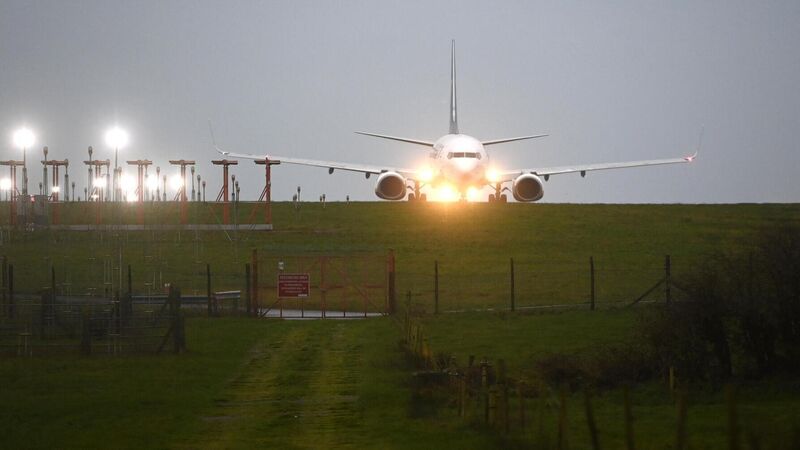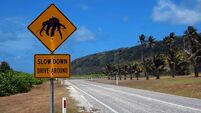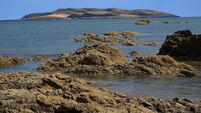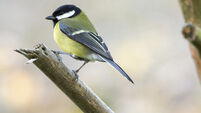Why we should ration the distance each person can fly every year

Due to the exemption of jet kerosene from taxes and duties, it is estimated that the airline industry gets the equivalent of €27 billion a year in subsidies. Picture: Larry Cummins
Aviation is one of the true wonders of the modern world. To be able to step on a plane here and step off in New York, Paris or Istanbul just a few hours later is an everyday miracle few of our ancestors could ever have even imagined possible.
You can, however, have too much of a good thing, and in the case of aviation, there are some serious downsides. More than most, we Irish love to fly. In 2019 for instance, there were 35 million passenger movements through Dublin Airport alone. With our population of just five million, this is an astonishingly high number.








![<p> The International Union for the Conservation of Nature says that “an ecosystem is collapsed when it is virtually certain that its defining biotic [living] or abiotic [non-living] features are lost from all occurrences, and the characteristic native biota are no longer sustained”.</p> <p> The International Union for the Conservation of Nature says that “an ecosystem is collapsed when it is virtually certain that its defining biotic [living] or abiotic [non-living] features are lost from all occurrences, and the characteristic native biota are no longer sustained”.</p>](/cms_media/module_img/9930/4965053_12_augmentedSearch_iStock-1405109268.jpg)